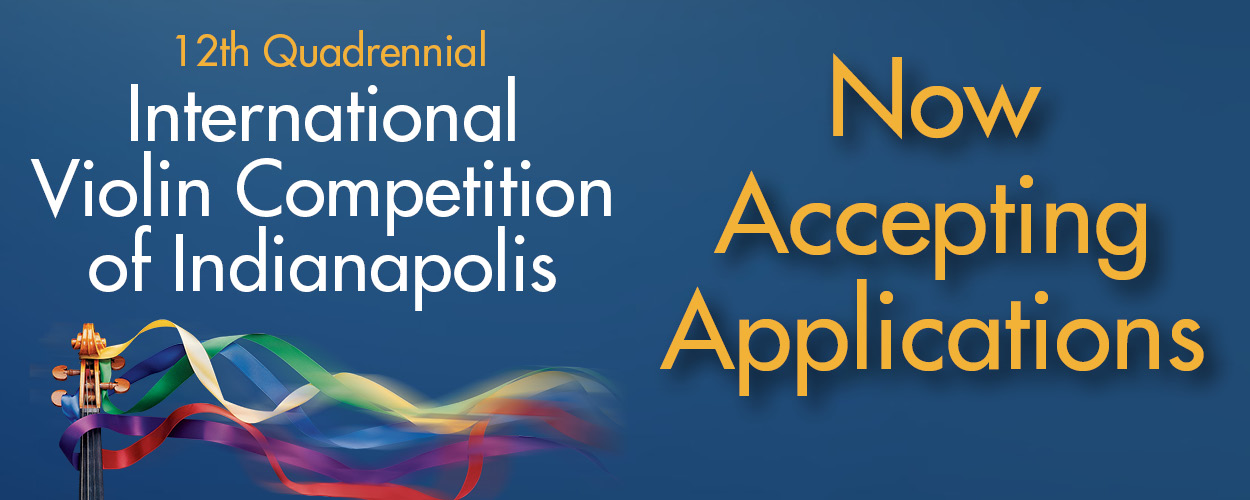Memory, Self, and Music: The Great Violin Alchemist Ray Chen
In 1985, the British conductor Clive Wearing was struck by encephalitis and lost the ability to form new memories. His short-term recall lasted only seconds. Each time his wife left the room and returned, he greeted her as though she were a stranger. Yet when he sat at the piano or raised his hands to conduct, something extraordinary happened.
The man who could not remember breakfast was still summoning Bach. Music was bridging the abyss of his amnesia and holding together the fragments of his identity.
Philosopher Henri Bergson once argued in Matter and Memory that memory is not a warehouse of facts but a living current that shapes consciousness. Modern cognitive science often describes the self as a narrative woven from continuous recollection.
Wearing's case, however, is more than theory.
It is proof that even when explicit memory collapses, procedural and emotional memory persist. Music, in particular, becomes the thread that ties a person to their own existence.

And so we turn to Ray Chen. His Canadian recitals are not merely concerts on a tour schedule.
They unfold as explorations of how music sustains identity, how sound becomes memory, and how audiences participate in that process.
From Philosophy to Process: Australia to America
Chen's journey began months earlier in Australia, where he framed César Franck's Sonata as a metaphor for the four seasons of life.
Tartini's Devil's Trill emerged as myth, Sarasate's Zigeunerweisen as a study in controlled fire.
These were not just performances but philosophical statements: music and life are inseparable.
By October, in the United States, the theme shifted.
Breath and pulse became the guiding ideas. Beethoven spoke with wit, Saint-Saëns surged with drama, and Bach's Chaconne returned like memory itself.
Through his practice app TONIC, Chen invited fans into his rehearsal room.
They suggested fingerings; he tested them. In one session, a user proposed a different bowing pattern for the Grave section of Tartini's sonata less pressure on the down-bow, more on the release.

Chen tried it, recorded the result, and asked for feedback.
The line between preparation and performance blurred.
The recital was becoming a laboratory, a place where process and result coexisted.
Yet this openness raises questions.
Does crowdsourced interpretation dilute artistic vision, or does it enrich it?
When 350,000 users contribute ideas, whose voice ultimately speaks through the violin?
It seems to believe that authorship can be shared without being dissolved, that the violinist remains the alchemist who transmutes collective input into singular expression.
One might argue that authorship risks being diluted. Yet Chen’s approach suggests otherwise: that authorship can be shared without being dissolved, and that the violinist remains the alchemist who transmutes collective input into singular expression.
Canada: Exploration and Completion
Now Canada.
On November 1 and 2, Vancouver's Chan Shun Concert Hall will host the first Canadian chapter. Its warm acoustics encourage resonance, and Chen will lean into long, lyrical lines.
Exploration will dominate.
Listeners may sense that the music is still in motion, still searching.
By November 19, when he steps onto the stage of Toronto's Koerner Hall, the narrative will have matured.
The hall demands clarity, and Chen's fiery side will surface. Tartini, Paganini, Saint-Saëns all ignited with crisp articulation.
What began in Australia as philosophy and in America as experiment will reach a sense of completion in Canada.
Or will it? Perhaps "completion" is the wrong word. Chen's approach suggests something else: that interpretation is not a fixed destination but a continuous becoming.
The Toronto performance will not seal the work into amber. It will simply mark one point in an ongoing dialogue between artist, audience, and tradition.

Raysm and Rayon: A New Artistic Ecosystem
Chen is not confined to the concert hall.
His artistry extends into the digital sphere, where he has created what might be called an artistic ecosystem.
I define two concepts here:
Raysm: Ray Chen's cycle of practice, digital sharing, fan participation, and stage performance forms a continuous loop.
Rayon: The energy radiating outward from that system, generating trust and engagement.
Through TONIC, audiences have already influenced his interpretations. They are no longer passive consumers but collaborators. When they hear him in Vancouver or Toronto, they will recognize their own fingerprints in the phrasing.
This is not marketing.
It is a redefinition of what it means to be a classical musician in the twenty-first century. But it also carries risk.
The intimacy of the concert hall, that unrepeatable moment when performer and listener breathe together in shared silence, can be disrupted by the memory of digital interaction. When an audience member hears a passage they helped shape online, does the live performance become confirmation rather than revelation?
Chen seems to bet on the opposite: that participation deepens listening, that co-creation heightens presence.

In June 2025, the Royal Conservatory of Music in Canada integrated TONIC into its practical exams. Students tracked their practice; faculty reviewed their progress. The app proved it could function as a serious pedagogical tool, not just a social platform.
The continuity between online and live performance creates a new kind of memory, one that belongs to both artist and audience.
What Remains When Memory Falters
To hear Chen is to be reminded of what remains when memory falters. The sound of a violin can outlast the erosion of time. It can carve itself into the deeper layers of the self, where identity is not a list of facts but a resonance, a rhythm, a pulse.
When Ray Chen draws his bow across the strings in Toronto, the audience will not simply witness virtuosity.
They will encounter music as proof of selfhood, as evidence that even when memory fades, emotion and habit endure.
And in that moment, the recital becomes more than a concert.
It turns into a mirror.
A reminder that we are, in the end, what we remember and what we cannot forget.
________________________________________
Ray Chen performs in Vancouver on November 1-2 at Chan Shun Concert Hall, and in Toronto on November 19 at Koerner Hall. His practice sessions can be accessed through the TONIC app, which now serves over 350,000 users worldwide.
Violinist.com is made possible by...
Dimitri Musafia, Master Maker of Violin and Viola Cases
International Violin Competition of Indianapolis
Violinist.com Holiday Gift Guide
Johnson String Instrument/Carriage House Violins
Subscribe
Laurie's Books
Discover the best of Violinist.com in these collections of editor Laurie Niles' exclusive interviews.

Violinist.com Interviews Volume 1, with introduction by Hilary Hahn

Violinist.com Interviews Volume 2, with introduction by Rachel Barton Pine







